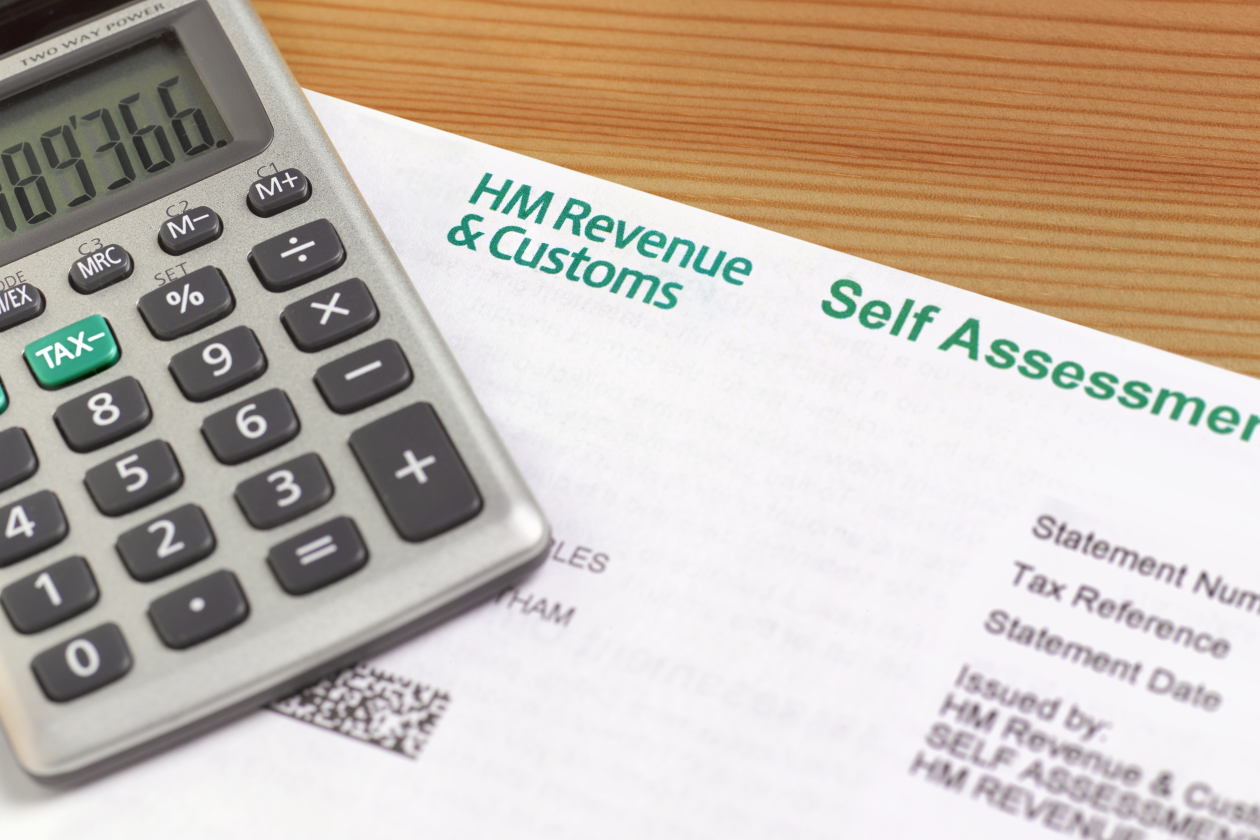Labour has come into power on a message of stability and service. But this might be hard with reports the new government has found a £20bn hole in public finances.
They’ve ruled out borrowing to rebalance the current budget, instead they’ll adjust it so “day-to-day costs are met by revenues”. Manifesto commitments mean National Insurance (NI), income tax, and VAT won’t go up, so which taxes are left in the firing line for the October Budget?
This isn’t personal advice. If you’re unsure about a certain course of action, take financial advice. ISA, pension and tax rules can change, and their benefits depend on your circumstances.
Which taxes could Labour change?
Council Tax
Council tax hasn’t been updated for 30 years and is still based on property values from 1991. So, it would make sense to look at this tax first.
There are rumours council tax bands could be scrapped, and instead people pay a percentage of their home’s value each year as council tax. This could see bills fall for some but those in London and the South would likely see rises because of higher property prices.
Another option would be to keep the existing approach but update bands with modern property prices and reevaluate them more often. Keir Starmer has commented on similar reforms to council tax by the Welsh Government as “a blueprint for what Labour can do across the UK”.
Inheritance Tax (IHT)
Inheritance tax raked in £7.5bn in the financial year to the end of March 2024.
It’s usually paid at 40% on the value of your estate (your property, money and possessions) over the £325,000 allowance (the normal nil rate band). There’s also an additional allowance of up to £175,000 if you pass on your family home to children or grandchildren. And, for any joint assets, you only include the value of your share.
If you’re married or in a civil partnership you can combine your allowances and transfer assets between each other free of IHT. When one dies, the surviving spouse won't have any IHT liability, and you might be able to make use of the allowances which were unused by your late spouse/partner.
To increase revenue, Labour could up the tax rate or lower the value you start paying IHT.
Capital Gains Tax (CGT)
This is already a good source of revenue for the government. Recent figures show 369,000 people paid £14.4bn in capital gains tax in 2022-2023.
CGT is paid on any profit from selling shares or other assets. Since 2022/23 the CGT allowance has shrunk from £12,000 to £3,000 in the 24/25 tax year. So, more investors are now paying CGT, and that number could grow if Labour bring in further changes.
Keir Starmer has ruled out raising CGT on the sale of main homes. But the £3,000 allowance could be removed completely, or they could start including assets that don’t fall under CGT, or both. There’s also speculation they could raise rates to the same as income tax.
For investors worried about changes to CGT, it might make sense to move existing shares into a tax efficient account like a Stocks and Shares ISA or a Self-Invested Personal Pension. You can usually take money out of a pension from age 55 (rising to 57 from 2028).



